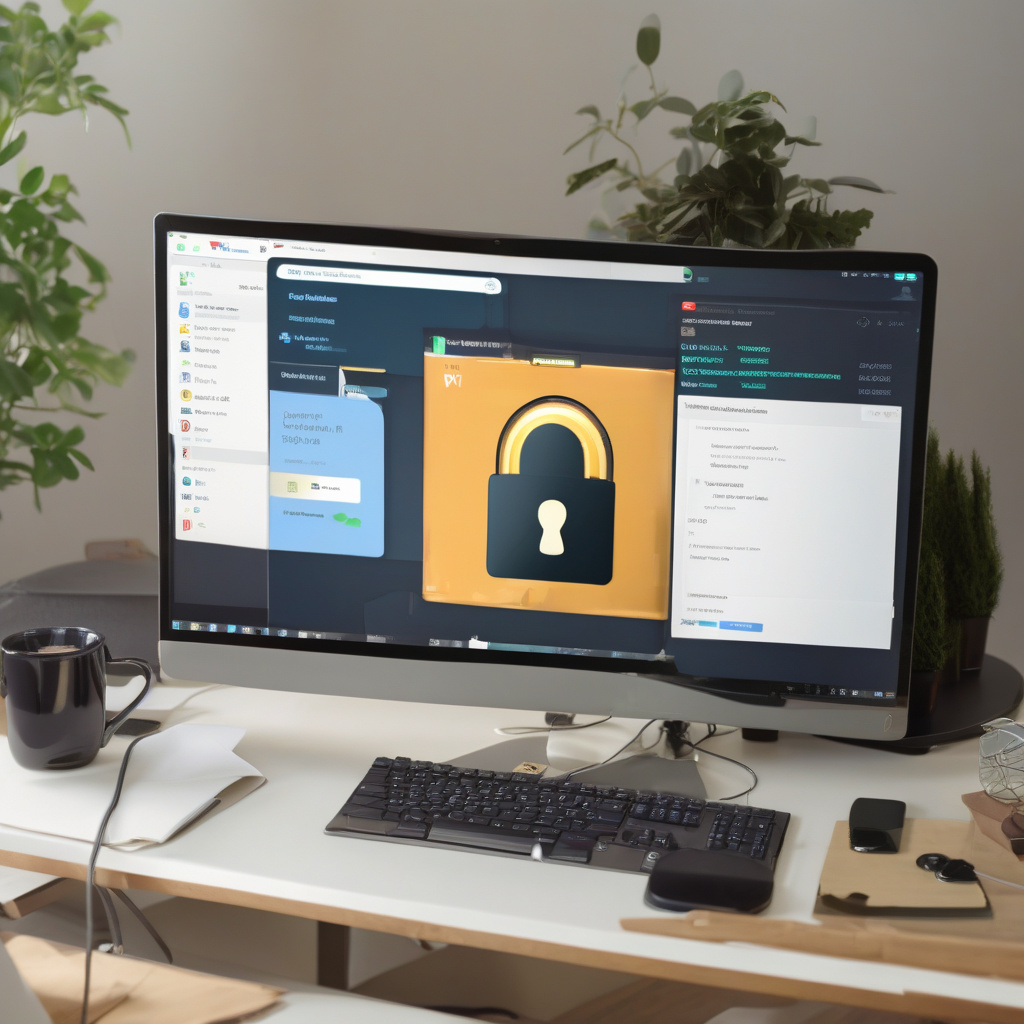In today’s digital landscape, where cybercriminals are on the prowl for personal data, safeguarding your online identity has become paramount. With identity theft looming as a significant threat, individuals and businesses alike must take proactive measures to protect sensitive information from falling into the wrong hands. One such potent tool in the cybersecurity arsenal is a Virtual Private Network (VPN).
Identity theft, a nefarious practice wherein hackers pilfer personal data for fraudulent purposes, can wreak havoc on an individual’s financial well-being and tarnish their digital footprint. From social security numbers to banking details, no piece of information is too insignificant for cybercriminals to exploit. This underscores the critical importance of fortifying one’s online presence through robust security measures.
A VPN serves as a shield against the prying eyes of cyber malefactors by establishing a secure and encrypted connection over the internet. By rerouting your internet traffic through a remote server, VPNs cloak your IP address, making it arduous for hackers to trace your online activities back to you. This clandestine maneuver not only preserves your anonymity but also thwarts potential data breaches that could lead to identity theft.
Imagine sipping your favorite latte at a bustling café while browsing the web on public Wi-Fi. Little do you know that a cybercriminal, lurking in the shadows of the same network, is intercepting data packets to pilfer your personal information. Here’s where a VPN swoops in as your digital guardian angel, encrypting your data transmissions and rendering them indecipherable to any malicious actors eavesdropping on the network.
Moreover, VPNs offer an added layer of security when conducting online transactions or accessing sensitive information. Whether you’re logging into your online banking account or sharing confidential documents with colleagues, a VPN encrypts the data exchanged between your device and the intended server, shielding it from potential cyber threats. This encryption mechanism acts as a robust barrier against identity thieves aiming to intercept and misuse your valuable data.
By adopting a VPN as part of your cybersecurity regimen, you not only fortify your defenses against identity theft but also gain peace of mind knowing that your online activities are shielded from prying eyes. With the digital realm evolving into a breeding ground for cyber threats, leveraging tools like VPNs becomes imperative for individuals and organizations seeking to safeguard their sensitive information from malicious entities lurking in the shadows of the internet.
In conclusion, the escalating risk of identity theft underscores the urgency for proactive cybersecurity measures. Embracing a VPN as a stalwart ally in your digital defense strategy can significantly mitigate the threat posed by cybercriminals seeking to exploit vulnerabilities in your online presence. As the adage goes, prevention is better than cure—so why wait for your data to fall into the wrong hands when you can proactively safeguard it with a VPN?
Stay vigilant, stay secure, and stay one step ahead of cyber threats with a VPN by your side.
The post How a VPN Can Reduce Your Risk of Identity Theft appeared first on TechRound.

